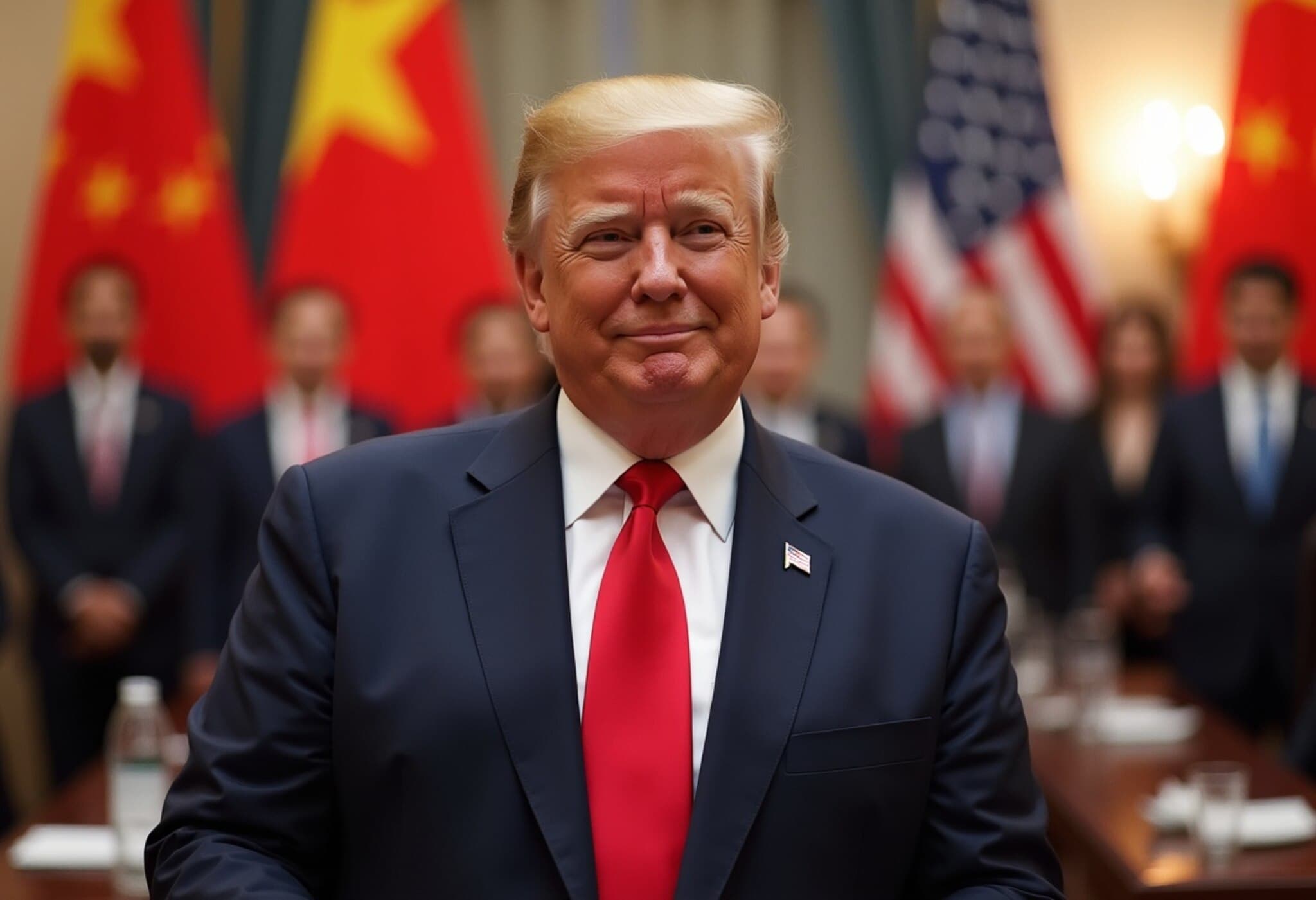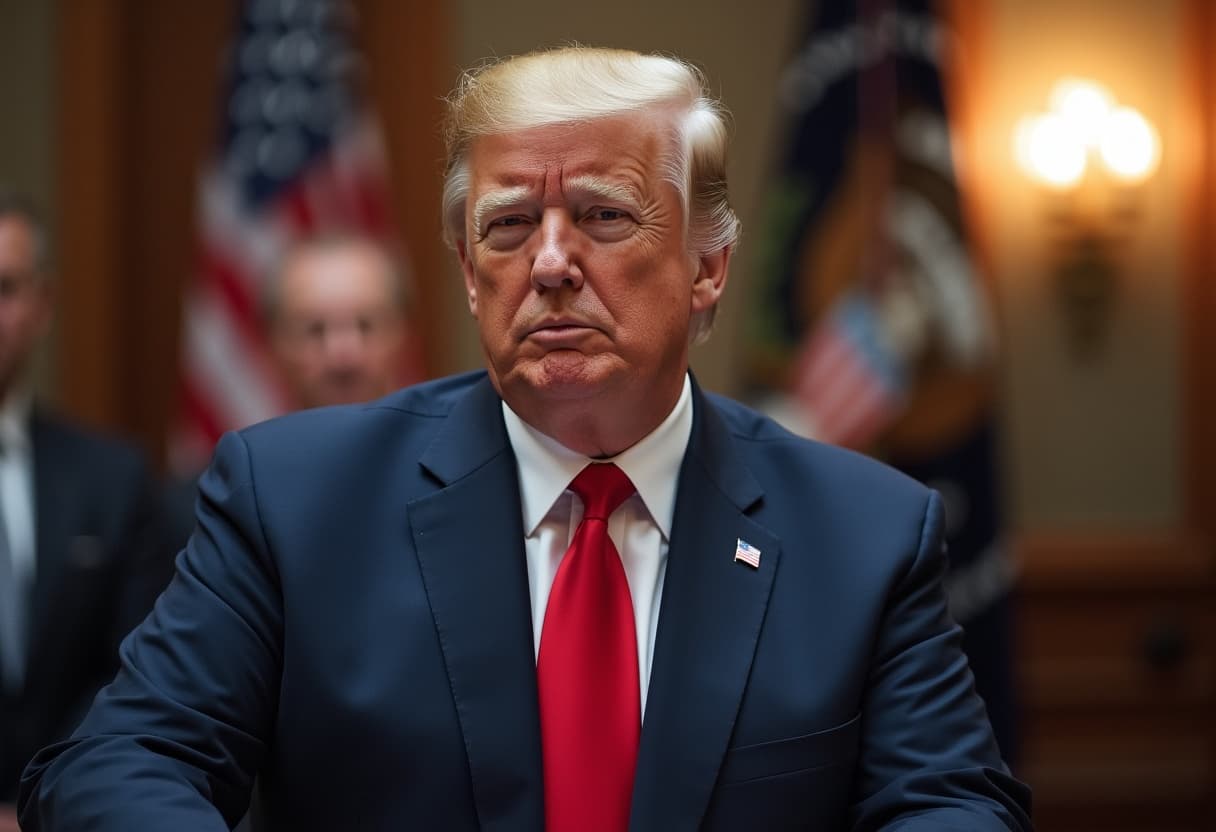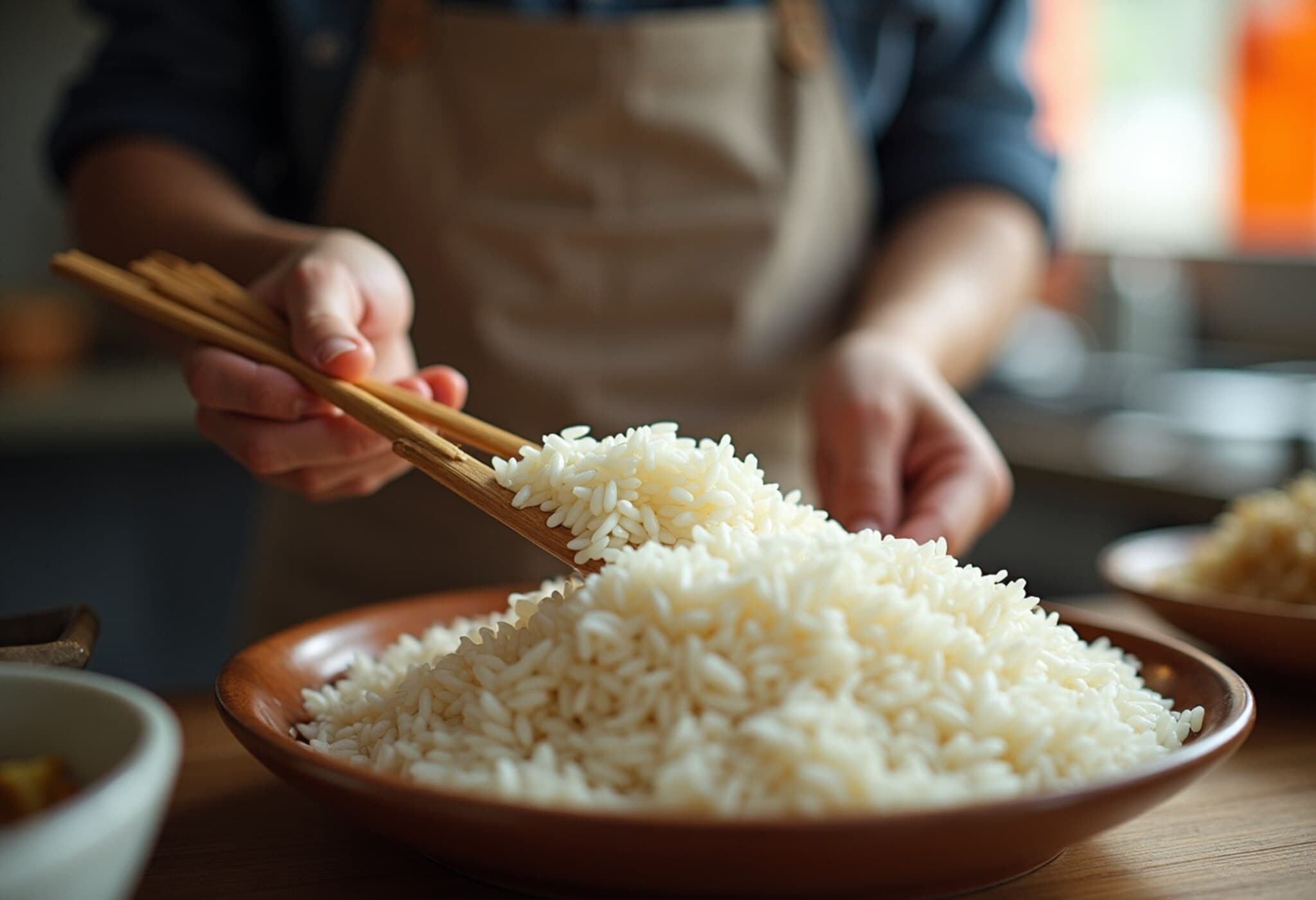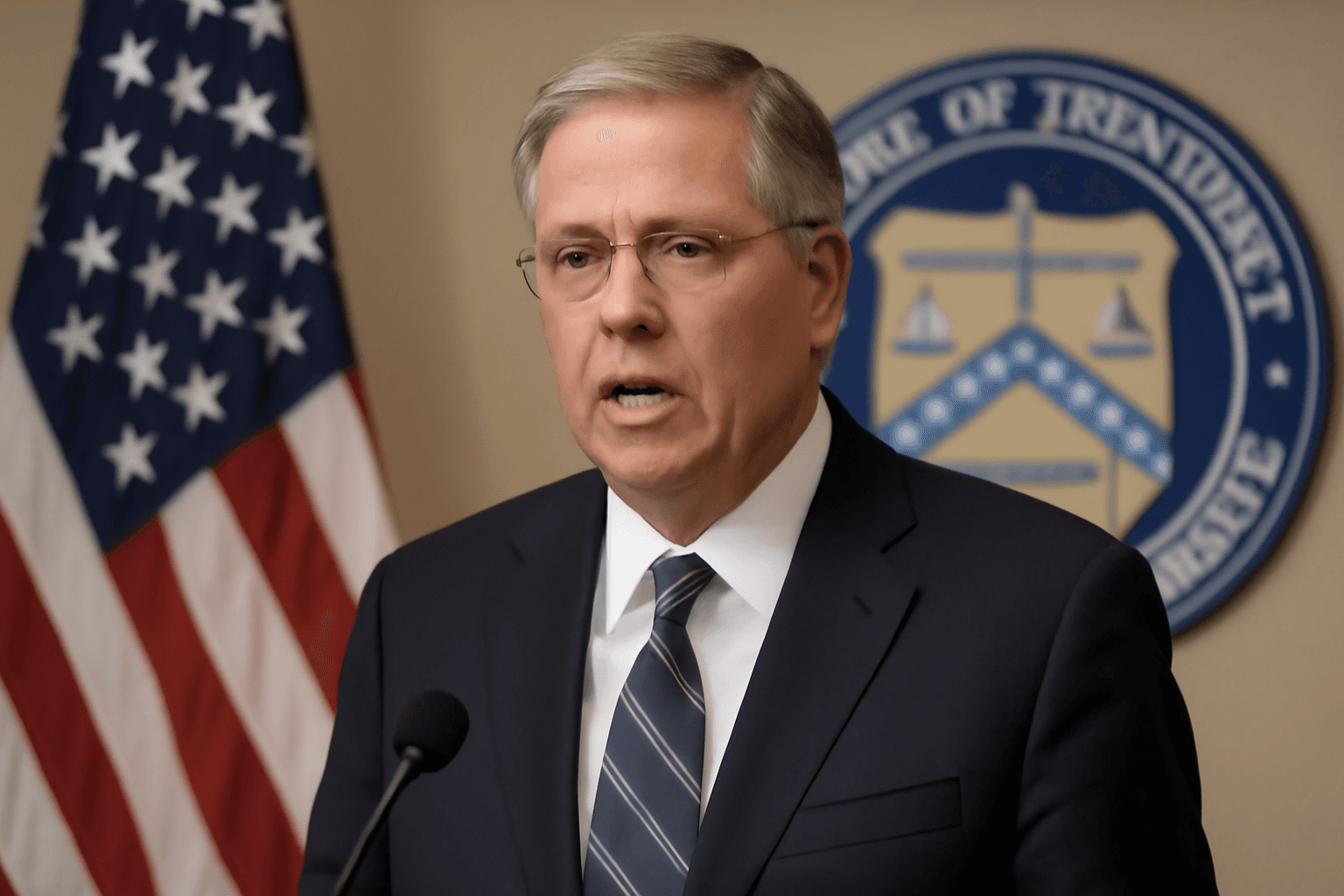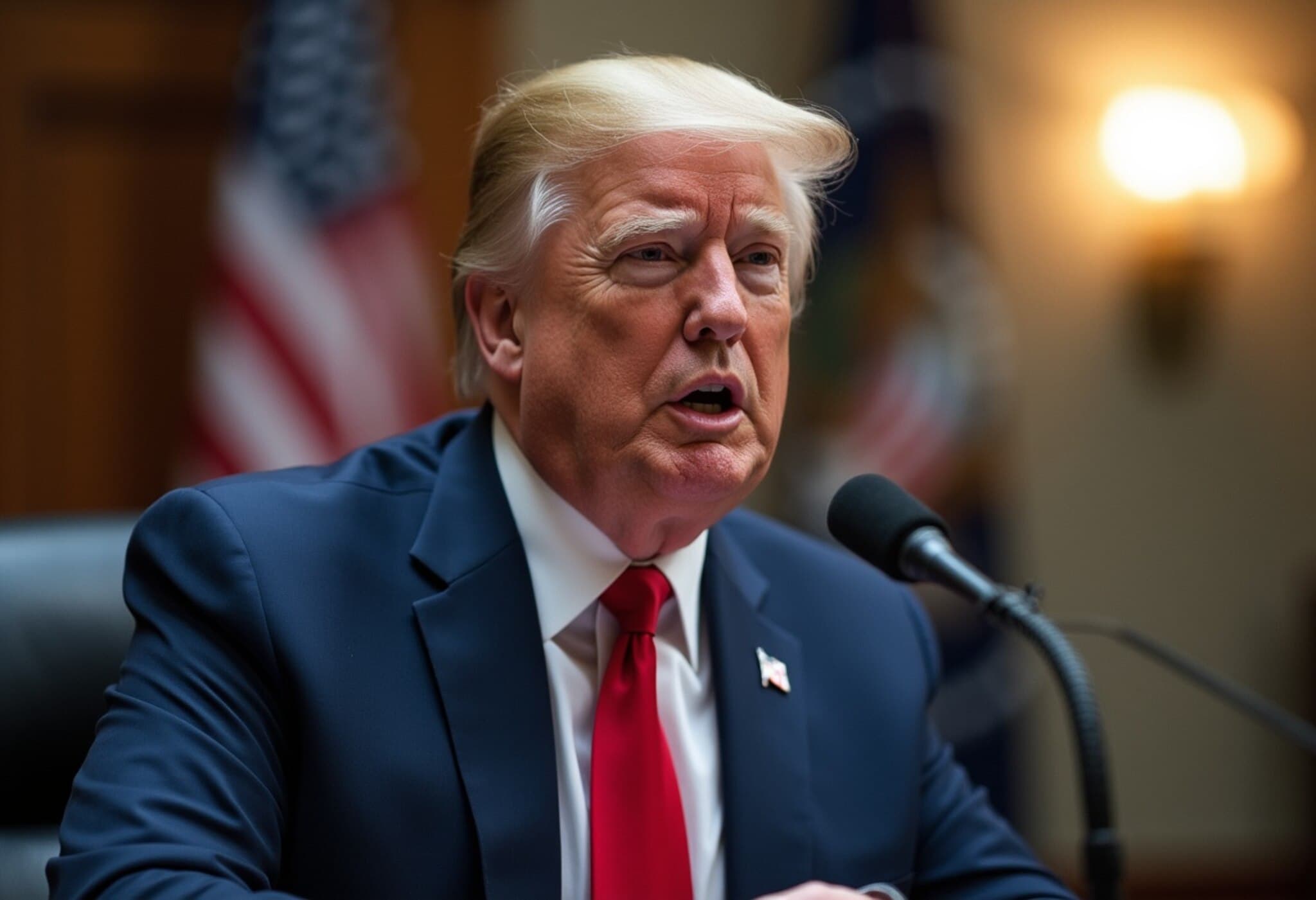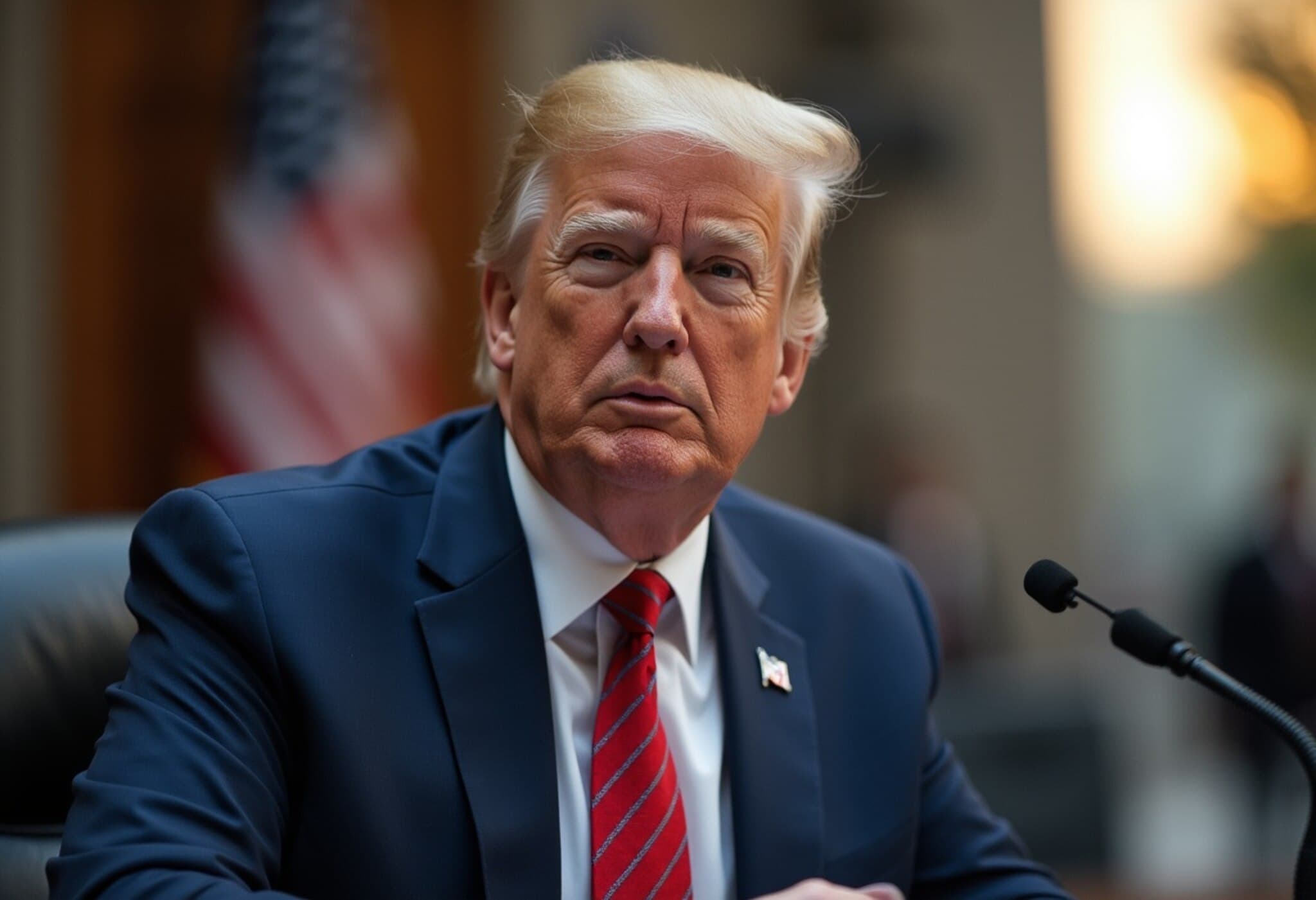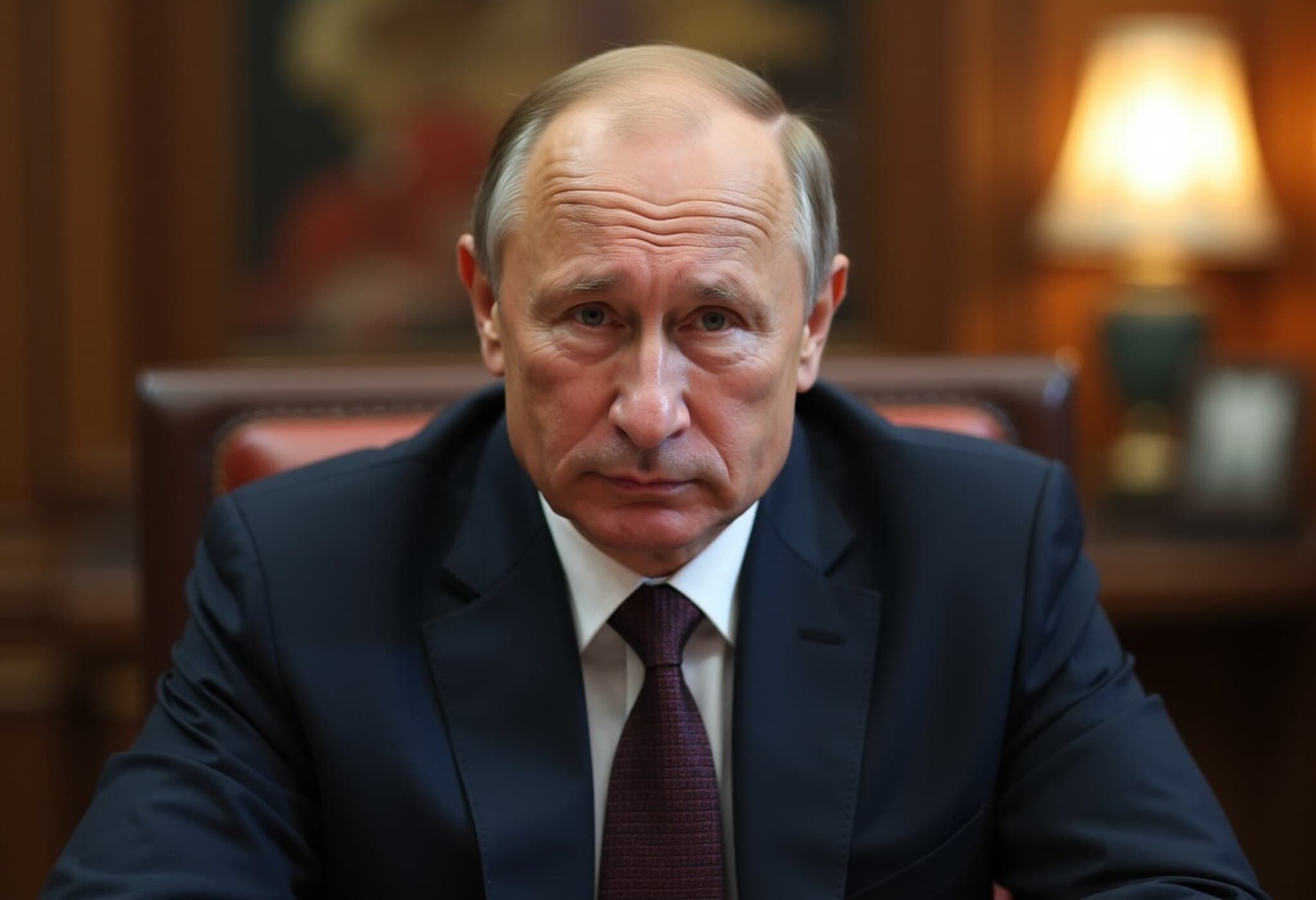India-US Trade Talks Reach Standstill Amid Disputes Over Agriculture and Tariffs
The ongoing trade negotiations between India and the United States have hit a significant roadblock, largely due to the US government's insistence on lowering import duties on genetically modified (GM) crops. This demand has sparked strong resistance from India, where concerns about farmers' welfare and food safety are deeply entrenched.
Key Points of Contention
The standoff primarily revolves around several critical sectors including agriculture, dairy, pharmaceuticals, and digital services. The US administration has taken a firm stance, proposing demands that appear uncompromising, sparking frustration among Indian negotiators who describe the approach as "take-it-or-leave-it." The US has requested significant tariff reductions on agricultural imports such as maize and soybean, pressing India for greater market access. India, on the other hand, is wary of the potential adverse effects on its farmers and public health, especially given the controversies surrounding GM foods.
Broader Diplomatic Tensions Weigh In
These trade issues have surfaced amid strained diplomatic ties. Recent moves by the US president to involve himself in the Kashmir dispute and consistently support Pakistan’s stance have heightened tensions. Moreover, his outreach to groups viewed suspiciously by India affects security dynamics, further complicating negotiations.
Trade Tariff Deadlines Add Pressure
If no agreement is reached by July 8, India faces the reinstatement of 26% tariffs after the current pause on reciprocal tariffs expires. This looming deadline is placing additional pressure on both sides to find common ground.
US Demands and India’s Counterpositions
- The US is pushing for the abolition of tariffs and easing of price controls, especially on medical devices.
- They seek relaxation in India's data localization policies affecting digital services firms.
- India expects zero-duty entry for its textiles, leather products, pharmaceuticals, and certain engineering and automotive parts but faces resistance from the US side.
- India has taken a firm stand on dairy imports, conditioning access on changes to US animal feed practices—specifically non-vegetarian feed use for cattle—citing consumer preferences and safety.
Negotiations at an Impasse
According to insiders, the trade discussions were intended to be reciprocal but the US stance threatens to undermine this spirit. Indian officials emphasize that without addressing key concerns—particularly the impact on farmers and food safety—the talks cannot progress fruitfully.
Looking Ahead
The stalled negotiations highlight the complex interplay between economic interests and geopolitical considerations. With tariffs set to resume in early July and diplomatic relations under strain, both countries face a challenging path ahead to reach a mutually acceptable trade agreement.




